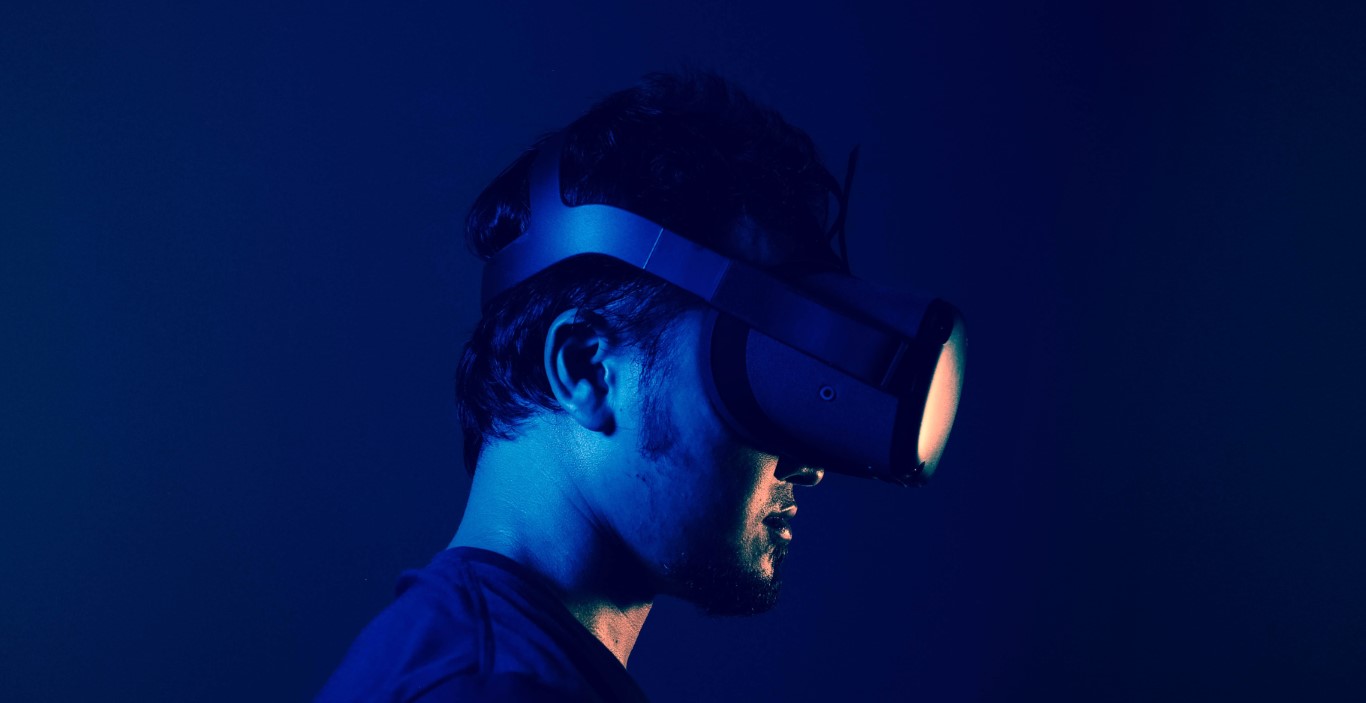Solving cybersickness with AI
Results from a study testing the impact of copernic360 in alleviating cybersickness, run by a team of experts in vestibular neuroscience at Royal Holloway University in London, have just been reported in an academic article submitted to Multisensory Research.

Dr Elisa Ferre and her team at Royal Holloway devised and ran an experiment to compare the use of standard 360° VR and copernic360, in a highly controlled manner across a number of users. In both scenarios a number of indicators of cybersickness were measured, including both qualitative (e.g. verbal user feedback) and quantitative (e.g. heart rate) indicators. The experiment was supported by a grant from StoryFutures.
We highlighted preliminary results from the experiment in a previous blog post but now these findings have been finalised in the recent academic article submitted for publication.
The study concluded that symptoms of cybersickness such as nausea were dramatically reduced when using Kagenova’s copernic360 technology.
To learn more about the study and how copernic360 leverages novel geometric AI techniques to alleviate cybersickness, see the following related press coverage:
- New Scientist: AI can stop the cybersickness some people get when using VR headsets
- Digital Trends: VR-induced cybersickness could soon be eradicated with a clever new algorithm
- Towards Data Science: Solving Cybersickness with AI
- StoryFutures case study: Reducing Cybersickness with Kagenova’s copernic360
